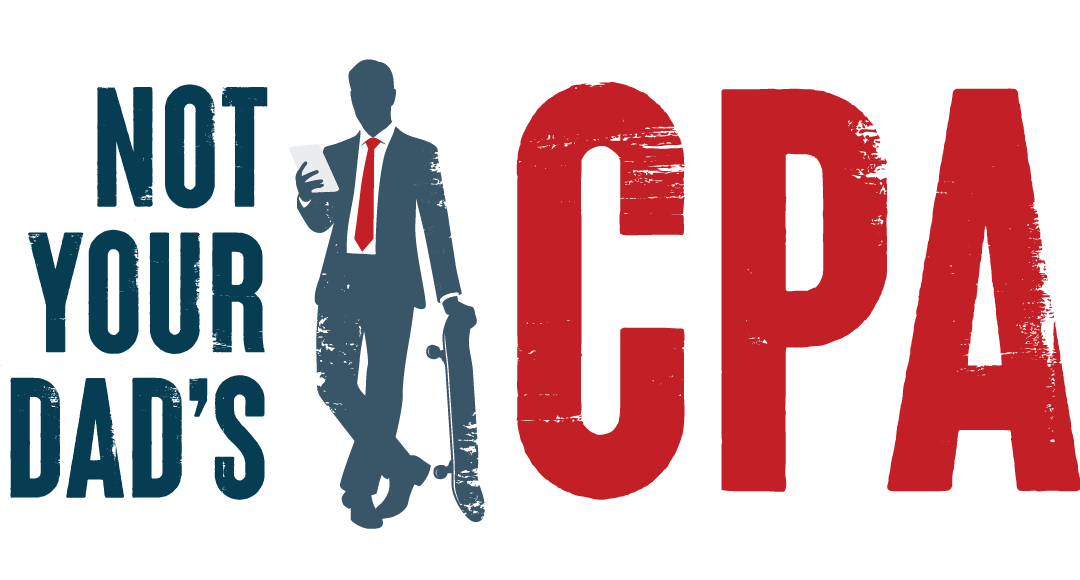If you have ever looked into the various bookkeeping options for your reselling business, you have likely heard about QuickBooks. That’s because it’s the top rated small-business accounting software and is widely used by millions. QuickBooks is made by Intuit, the same company who runs TurboTax and Mint.com.
But that doesn’t all make it any less intimidating if bookkeeping is new to you. Even I (as a CPA) was a bit confused about what version of QuickBooks I should be using when I started looking into it for the first time.
Here are the basics of what you should know.
QuickBooks Online
Over the last few years, Intuit has been making a massive push to get users subscribed to QuickBooks Online (QBO).
QBO is Intuit’s cloud-based version of their original desktop bookkeeping program (QuickBooks Desktop). QuickBooks Desktop requires installation on your computer. Many accountants have been stubborn about switching to QBO because it still lacks the robust capabilities of QuickBooks Desktop.
But QBO is continually quickly catching up, and one big advantage is the ability to log into your account from anywhere, at any time.
QuickBooks Online comes in 3 packages: Simple Start, Essentials, and Plus. Rather than describe each in detail, I’ll just say that the Simple Start package suffices for most beginning resellers.
The bottom line is that QBO will be able to do what you need it to. But that comes with a learning curve and possibly a level of complexity that some people don’t want to deal with.
QuickBooks Self-Employed
Intuit has another cloud-based bookkeeping solution called QuickBooks Self-Employed (QBSE), which is totally separate from QuickBooks Online.
Those with fairly simple business structures might want to consider this option. QBSE was designed with freelancers and independent contractors in mind.
Business vs Personal
The first piece of advice I generally give to new small business owners is to open a separate business bank account. For those who don’t follow that advice, QBSE makes it simple to separate out your business from your personal transactions.
Taxes
Paying your taxes is important, but it’s probably not the main reason you’re in business. That’s why I often tell resellers they should be tracking their business transactions. You should be continually assessing your profitability.
But for those who are more concerned with the tax aspect than they are with the profitability, QBSE might be a good option. It’s designed to make it easier for people whose main reason for bookkeeping is tax related. The main QBSE profit & loss report format is the same as what you’ll see on your tax form (Schedule C).
It also does a good job and helping you estimate what you should be setting aside and paying for your quarterly estimated tax payments.
Reporting
One of the biggest differences between QBO and QBSE in my mind is the fact that QBSE does not have any Balance Sheet accounts.
The Balance Sheet is a financial statement that shows you your assets, liabilities, and equity. It includes accounts such as cash, accounts receivable, inventory, loans payable, owner’s distributions, etc.
QBSE has profit-and-loss account capabilities only, meaning sales and expenses.
In other words, QBSE can’t directly track your inventory.
Every time you purchase inventory, your purchases will likely be categorized to the “cost of goods sold” expense account. This is perfect if you are using the cash method of tracking inventory (deducting when purchased rather than when sold).
If you use the accrual method of tracking your inventory (deducting when sold), you can still use work-around methods or track those things outside of the software, you just won’t have the full picture within QBSE.
Which should you choose?
In summary, if you prefer total simplicity and don’t keep track of your inventory, QBSE may be the way to go.
If you have plans to grow and to take your business to the next level, I recommend putting in the time and laying the foundation with QBO. This will give you better tracking and reporting capabilities going forward.


Mark
Will you be having a session about sole partnership, LLC, etc? When and how to establish one?
I’m sure I will, but nothing is scheduled at the moment. A great place to start would be my ebook. In addition, I’ll be updating my ecommerce tax course which dives into that as well. Stay posted!
hi do you recommend quickbooks intuit if your business and taxes are being paid in another country? im from new zealand
Sure! Where your taxes are paid shouldn’t have a big effect on how your do your bookkeeping.
What about if I have 2 stores, one with my personal info (ITIN) and another one with my LLC (EIN), I’m reselling getting payments in my personal bank account with one store and for the LLC with a business bank account Can I mix my two accounts with QBO? or I need sign in QB for two accounts?
Thank you.